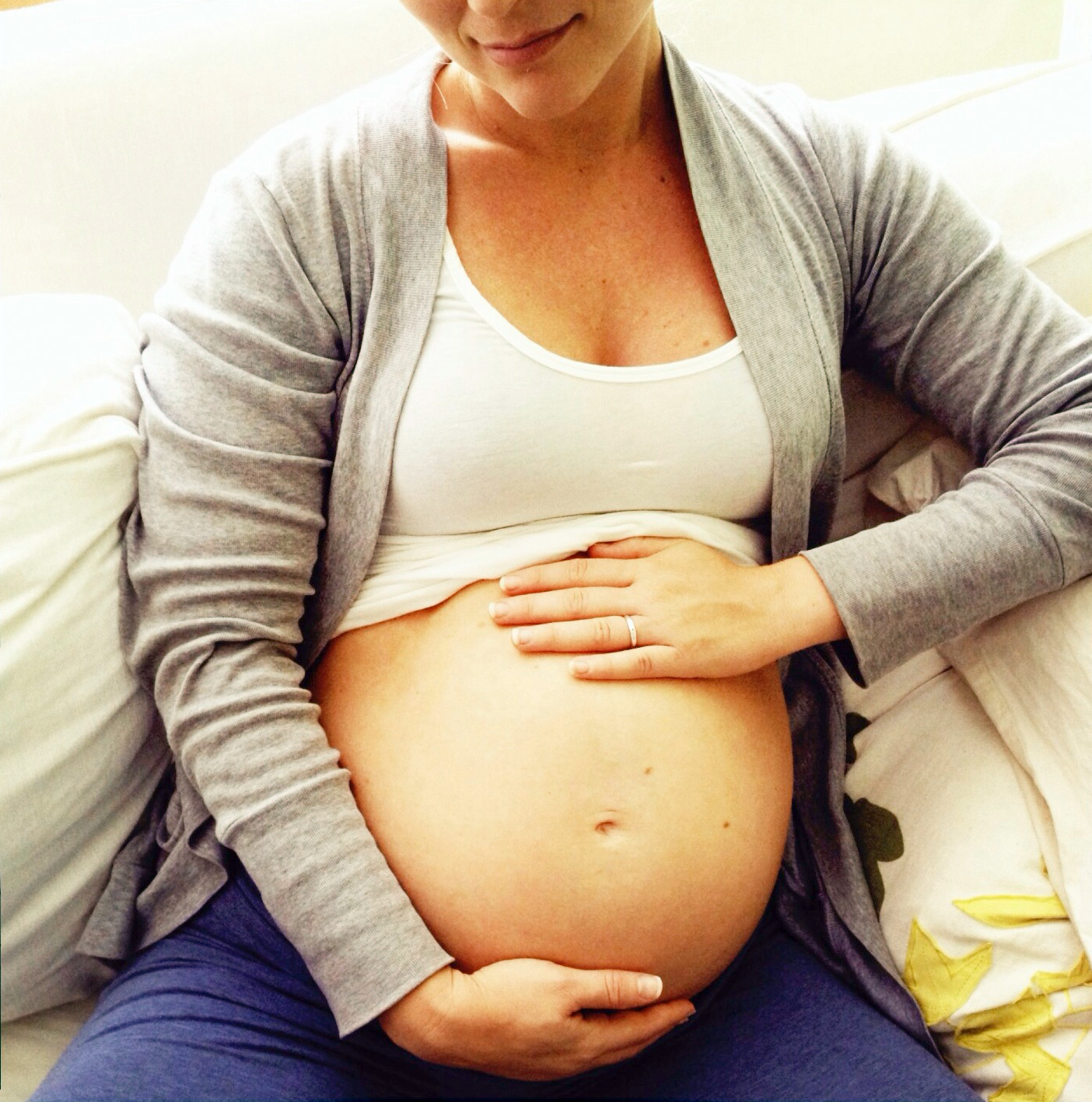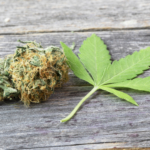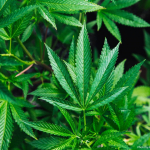We are seeing an increasing number of women in our clinic who are using marijuana on a regular basis — recreationally and medically prescribed — to help them manage various psychiatric symptoms, including depression and anxiety. This is no surprise given that many states have or are now moving forward with the legalization of medical marijuana.
According to a nationwide survey, 7.3% of Americans 12 or older regularly used marijuana in 2012, up from 5.8% of Americans in 2007. Among younger and socioeconomically disadvantaged women, prevalence of marijuana use is higher, in the range of 15 to 28 percent.
The majority of marijuana users are young and of reproductive age. It is estimated that roughly half of female marijuana users continue to use during pregnancy. While marijuana is often considered to be a relatively benign substance and is viewed as being safer than traditional medications for the treatment of depression and anxiety, we have data to indicate that the developing fetus may be particularly vulnerable to its effects.
A recent review published in the British Medical Journal reviews data on the impact of cannabis on pregnancy outcomes. It’s a great reference and the full text is free online. Here is a summary of the findings:
Pregnancy Outcomes
Women who used cannabis during pregnancy may have an increased risk of anemia compared with women who did not use cannabis during pregnancy. Risk for precipitous labor was assessed in two studies: one demonstrated an increase in risk for having a labor lasting less than 3?hours if the mother used cannabis during pregnancy, but the other study demonstrated no association.
No association was found between exposure to cannabis in utero and the following variables: maternal diabetes (one study), premature rupture of the membranes (3 studies), premature onset of labor (one study), prolonged labor (two studies), elevated blood pressure (3 studies), hyperemesis gravidarum (2 studies), maternal bleeding after 20?weeks (2 studies), ante/postpartum haemorrhage (3 studies), and maternal weight gain (2 studies).
Neonatal Outcomes
Infants prenatally exposed to cannabis had decreased birth weight and were more likely to need placement in the neonatal intensive care unit or intensive care unit compared to infants whose mothers did not use cannabis during pregnancy.
The effects of prenatal cannabis exposure on neonatal behavior were rarely reviewed in the literature. With regard to Apgar score, there was no significant differences between cannabis-exposed and unexposed infants. More thorough neonatal assessments, such as the NBAS or Prechtl, were rarely used to evaluate children.
Study Limitations
The real problem with all of the studies is that many cannabis users often use tobacco and/or alcohol; therefore, it is extremely difficult to identify a cannabis-only effect (in other words, excluding the effects of tobacco, alcohol, and other recreational drugs). Most studies did not exclude participants with polysubstance use. Another important limitation is that most of the studies rely on self-reported measures of cannabis use; given the social stigma associated with drug use during pregnancy, the prevalence of drug use during pregnancy may be underestimated.
In terms of pregnancy outcomes, very few studies reported overlapping maternal outcomes. For example, there was only one study that assessed onset of preterm labor, which is hardly enough data to make a definitive conclusion on risk for a particular outcome.
The bottom line is that we have very little information regard the effects of prenatal exposure to cannabis:
By conclusion, the effects of cannabis on maternal and fetal outcomes remain generally unknown. Results from this systematic review and meta-analysis demonstrated that future research in the area of cannabis and maternal and fetal health needs to employ stricter inclusion criteria and exclude polyillicit substance use. There does appear to be negative consequences associated with in utero exposure to cannabis, including decrease in birth weight and a need for placement in the NICU/ICU. However, more research is needed to further assess these relationships in more homogeneous populations. Pregnant women could benefit from health education on the potential adverse effects of use of cannabis during pregnancy. As use of cannabis continues to become socially acceptable in many countries, understanding the effects on maternal and fetal health should become a global priority.
Given the dearth of information on the reproductive safety of cannabis, the American College of Obstetricians and Gynecologists (ACOG) has issued a committee opinion on the use of marijuana in pregnant and nursing women, calling for ob-gyns to urge their patients who are pregnant or contemplating pregnancy to discontinue marijuana use.
Ruta Nonacs, MD PhD
Gunn JK, Rosales CB, Center KE, Nuñez A, Gibson SJ, Christ C, Ehiri JE.
BMJ Open. 2016 Apr 5;6(4):e009986. Free Article








Leave A Comment